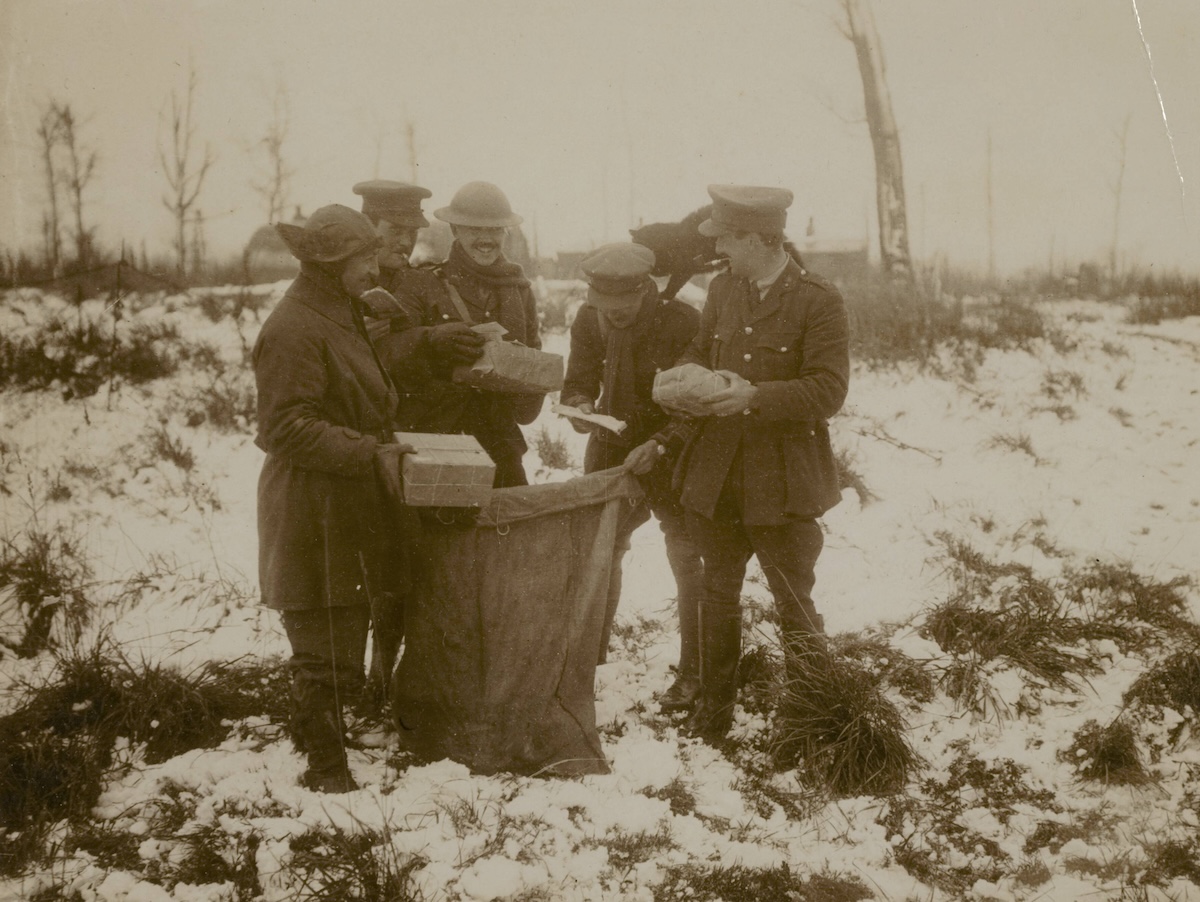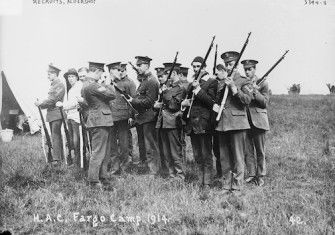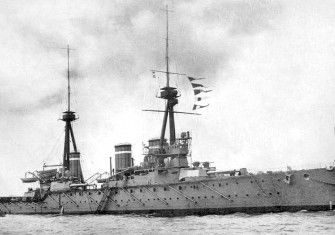Christmas 1914, and After
The outrage that Christmas was tarnished by the ugliness of the First World War was felt by both British and German soldiers. In some cases, it led to a brief moment of truce.

Wars of religion - like civil wars - are commonly considered to be the most merciless, the most cruel, the most destructive. Divine sanction or divine instruction has generally tended to increase this savagery, casting a holy glow over what might otherwise be looked on simply as barbaric deeds. Where religious war has taken on the character of a civil war as well - in the rise or suppression of heresies - the cruelty increases accordingly. Yet the notion persists that Christianity at any rate (despite the record) is somehow incompatible with war, and the central Christian feast, the official birthday of Christ himself, Christmas Day, enshrining the concepts of Peace on Earth and Goodwill among Men, seems particularly offended by the context of war.







